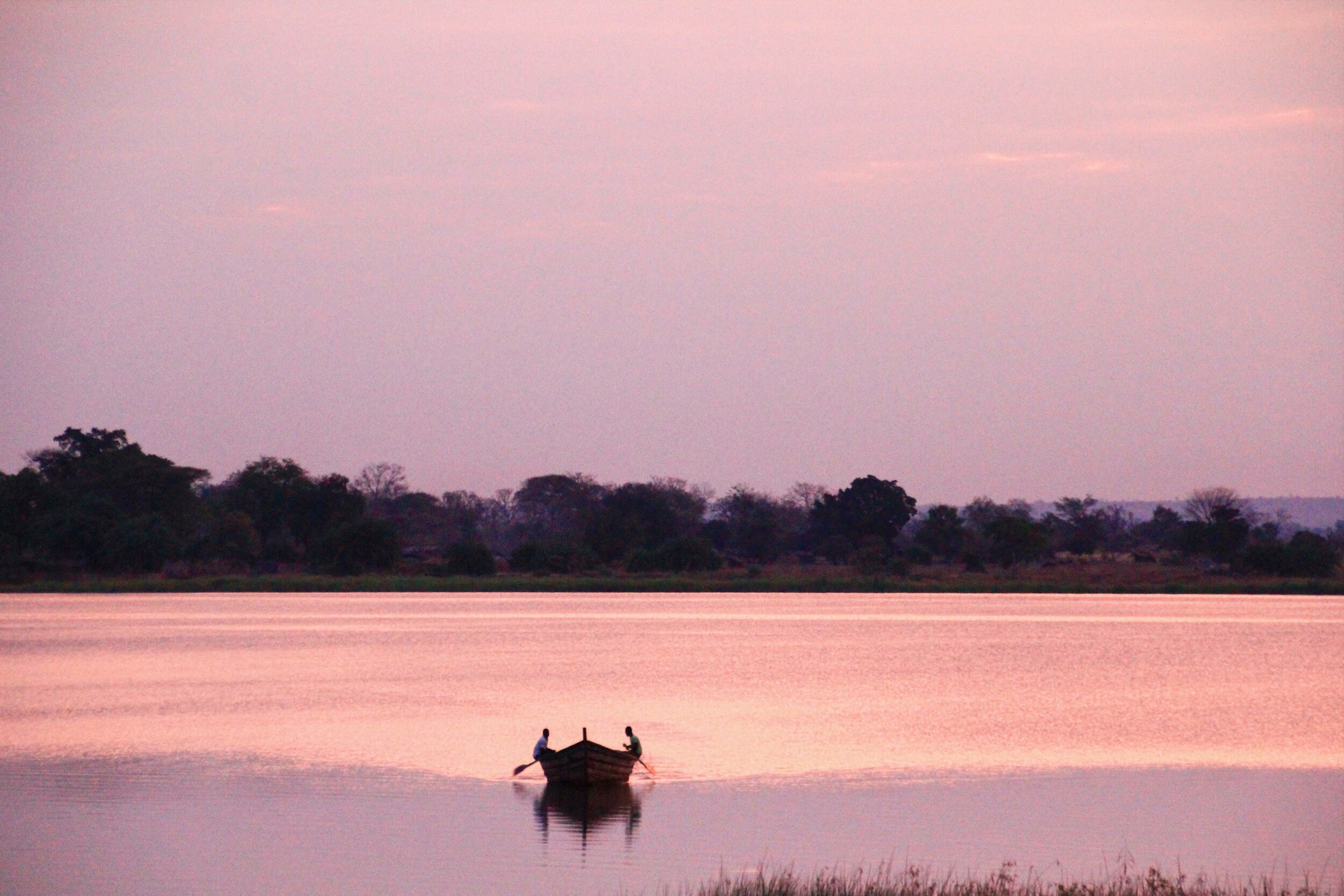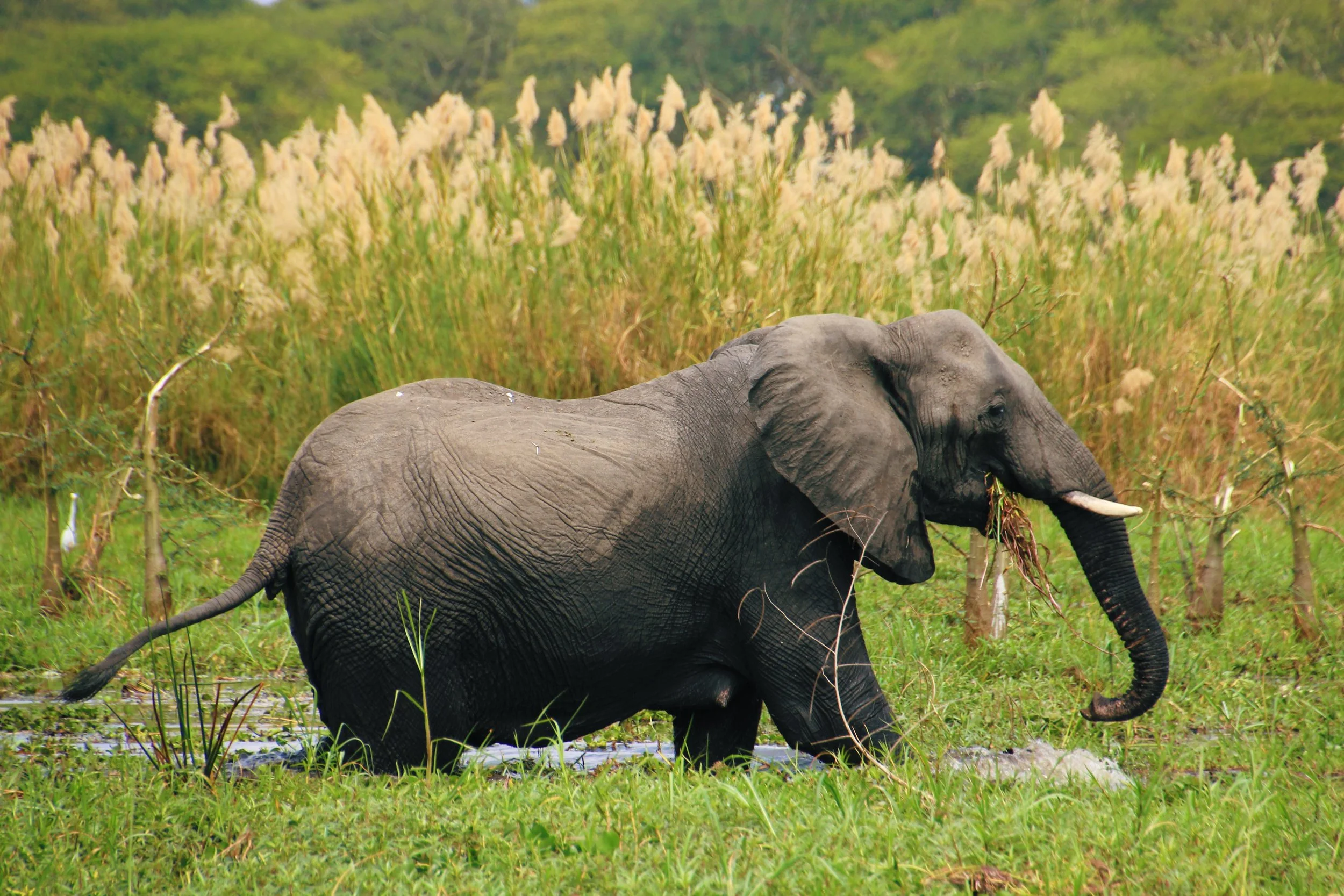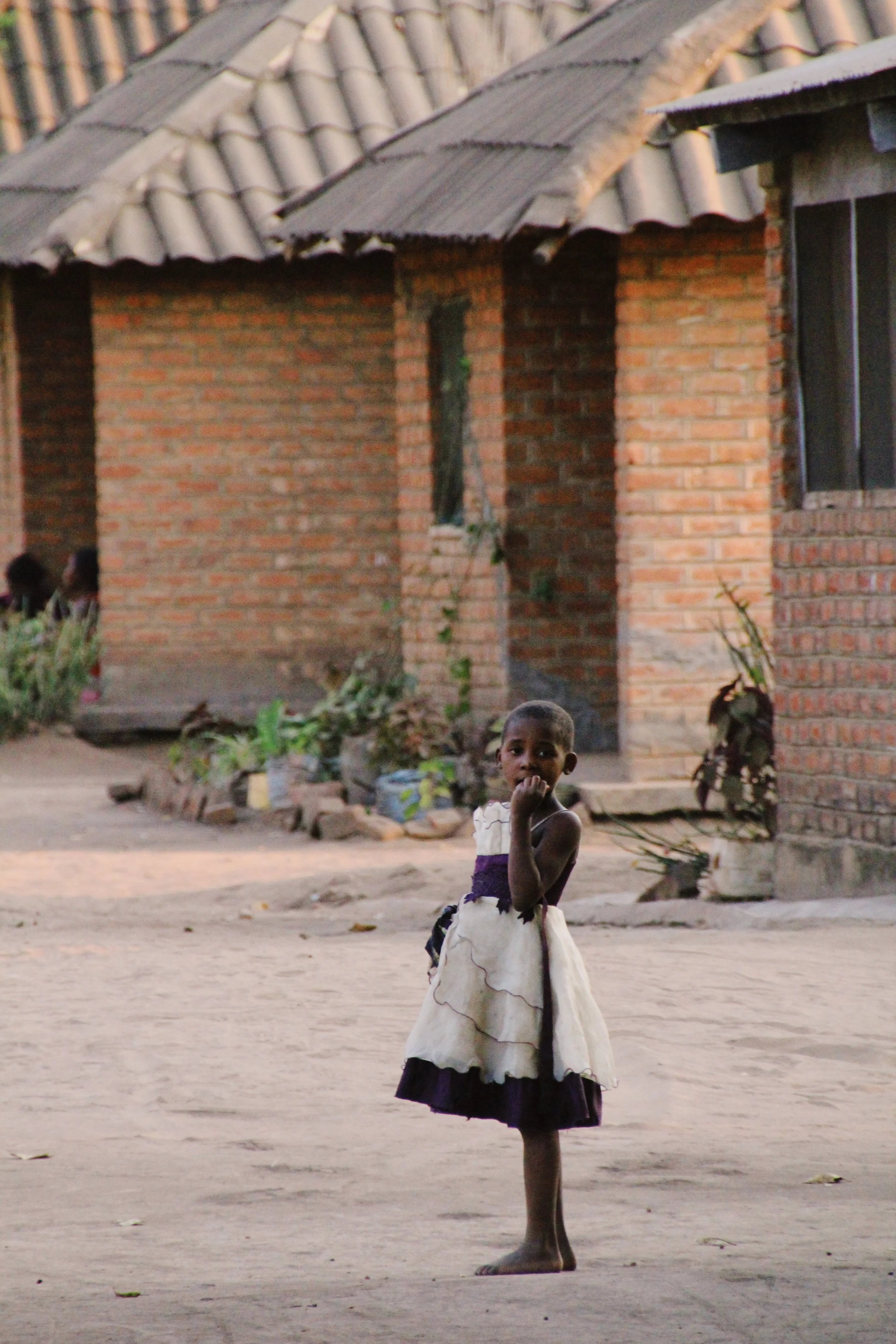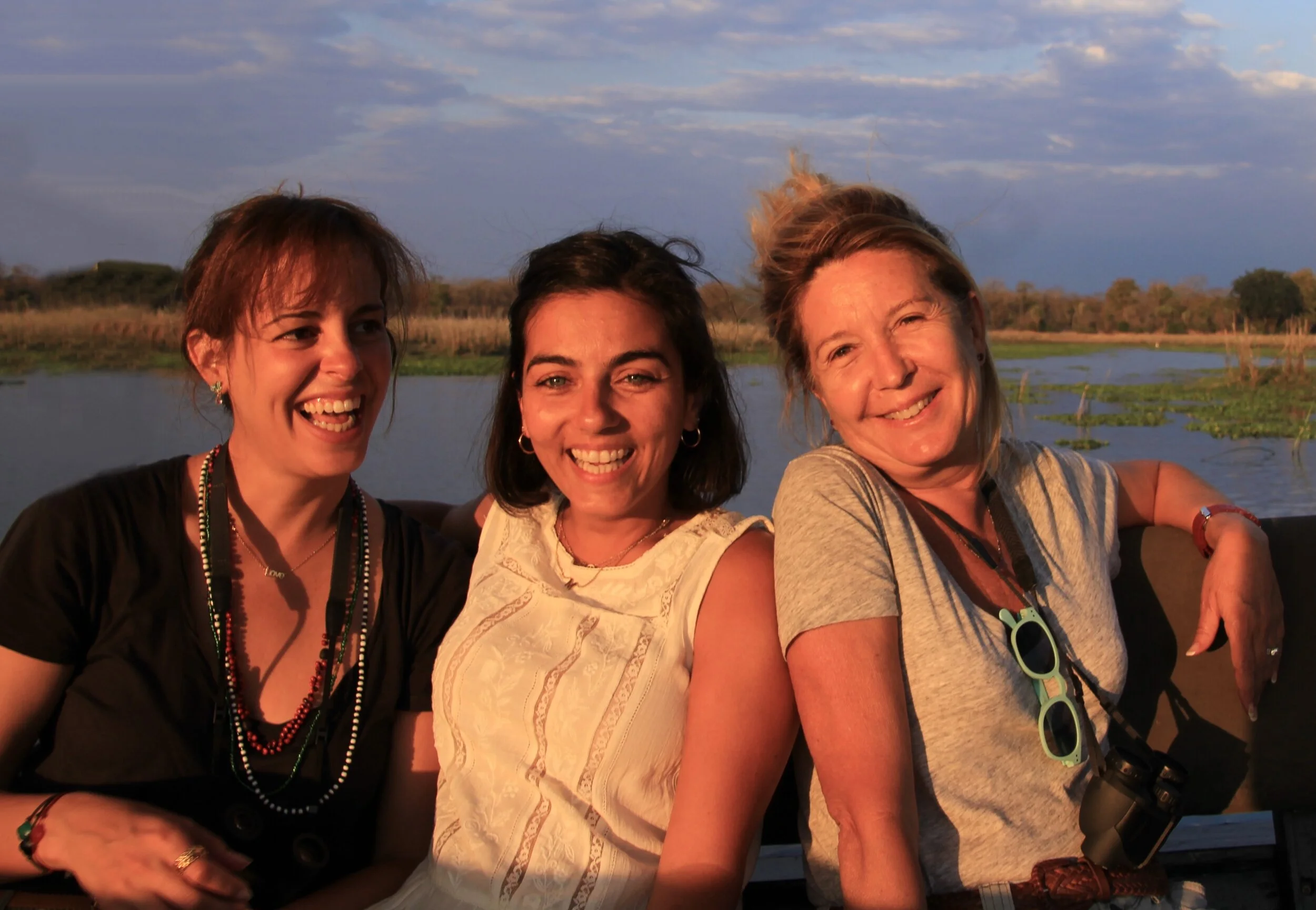LIWONDE NATIONAL PARK - MALAWI
My first time in Liwonde was quite an experience. Never had we been in a park so close to a village - you literally take a boat to cross a river and you “hit the city”. It’s a good reminder of the pressing concern about growing populations in places were there is a tentative effort to keep both wildlife and their habitats intact. READ MORE BELOW.
/
1
2
3
4
5
6
7
8
9
10
11
12
13
14
15
16
17
18
19
20
21
22
23
24
25
26
27
·
·
·
·
·
·
·
·
·
·
·
·
·
·
·
·
·
·
·
·
·
·
·
·
·
·
·



























